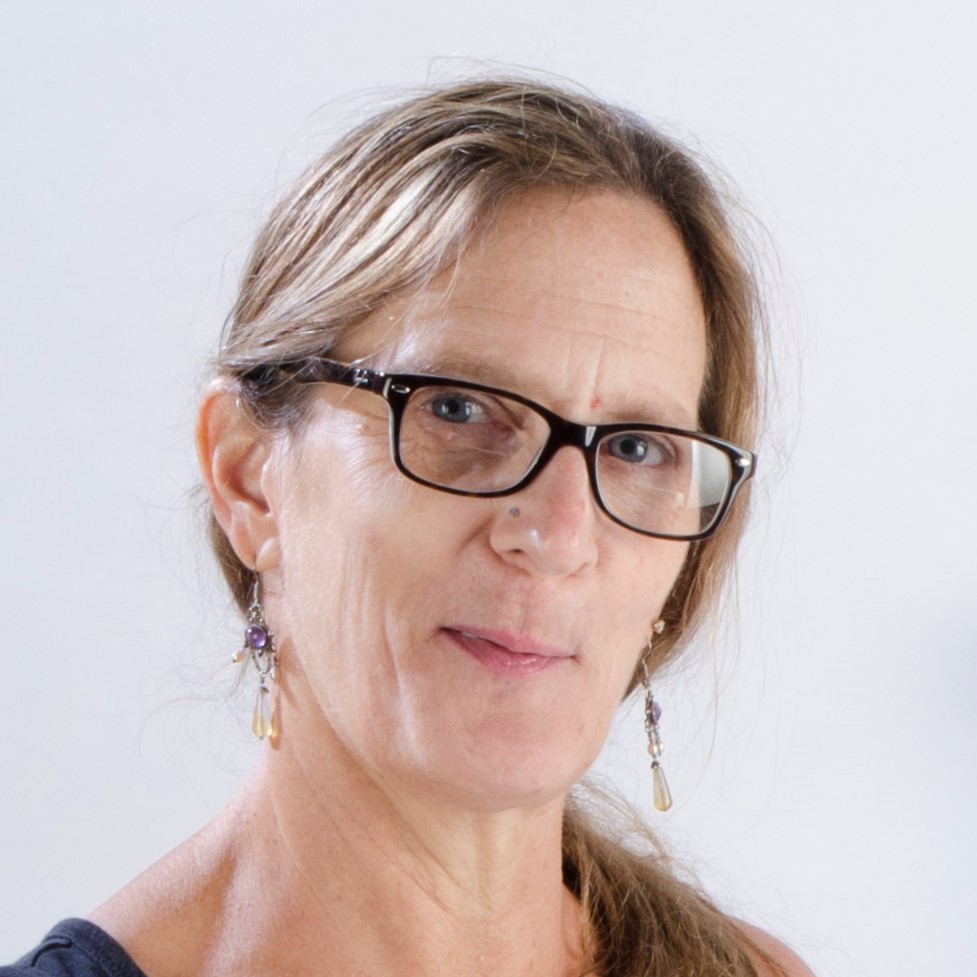
She/Her
http://www.tracykrumm.com/
tracykrumm@gmail.com
Interdisciplinary, Sculpture, Mixed Media, Fiber and Material Studies, Installation
In-person, Online, Hybrid mentor
BIO
Tracy Krumm is an artist and educator who has exhibited, taught, and lectured extensively for over 30 years. Her studio practice integrates hand-constructed textile processes with found and natural materials and to comment on labor, identity, human connectivity, and cultural production. Her work is included in numerous collections including the Minneapolis Institute of Arts, Museum of Fine Art in Houston, the Denver Art Museum, and the US Embassy in Djibouti, and has been included in nearly 200 national and international exhibitions. She has expertise in art and non-profit program and finance administration, including 20 years teaching in higher education in design, fiber arts, and community arts and service learning (before it was called social practice...). Krumm has been visiting artist and lecturer at over 30 institutions across the country--critiquing and leading workshops for both art undergrads and MFA students--in addition to being a McKnight Visual Artist Fellow, a USA Artist and a Tiffany Biennial nominee, and two-time MN State Arts Board Artist Initiative grantee. She is currently Director for Artistic Advancement at Textile Center in Minneapolis. She maintains a studio in St. Paul's West Side community.
TEACHING PHILOSOPHY & MENTORSHIP
My approach to teaching and mentorship is learner-centered and grounded in a continual, experiential cycle that includes a knowledge (skill) and conceptual (thinking) base, doing and making, critical reflection and evaluation, and then modification and revision. My responsibility is to facilitate this process by creating an environment where students prosper by doing, constructing knowledge, and making meaning. Learning occurs when this experience of being productive is transformed through deeper reflection and understanding, to get to what is essential in their own creative practice. Challenging students to explore multiple possible outcomes, to engage the ambiguous and the unknown, and then watching them move to new levels of commitment to their own work is one of the greatest joys of teaching.